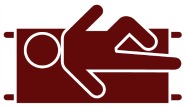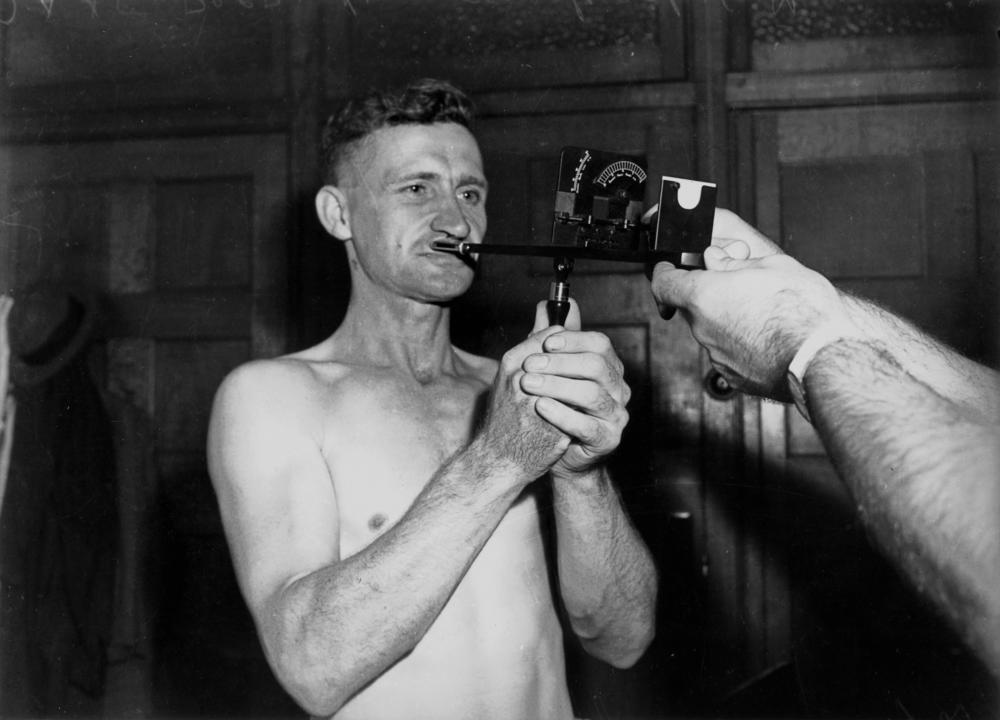The plan was a looming problem for Emergency Departments in the state. The "frequent flyers" who use the ED the most would no longer be compensated. That would have been insult to injury: the not-sick patients would have also been the ones that getting uncompensated treatment. A small number of these patients amass dozens to hundreds of ED visits every year -- mostly for things that did not require an ED visit.
The plan was misguided because the law says everyone has a right to treatment in the Emergency Department. We can't turn anyone away without evaluation by a provider. Moreover, we have little control over the poor decision making or our customers. This plan would have punished the hospitals for the public's overuse of the ED. Sure the patient would have been stuck with the bill, but hospitals would have had little expectation of payment.
The new rules were supposed to go into effect April 1, but that was put on hold until an alternate plan passed through legislation. The new guidelines require hospitals to adopt seven best practices to help reduce frequent ED visits. (Listed Here, clipped from Washington ENA's newsletter.)
- All hospitals will have an electronic health care information system in place to share information on patient visits, case management plans, & flagged warnings.
- Hospitals must have literature in the department to discuss alternative care options.
- Hospitals must identify specific personnel as contact links to the HCA to receive & share information on patients requiring coordination (PRC), care plans, etc.
- ED providers must be in-serviced on "Patients Requiring Coordination" which is currently a list of about 5,000 HCA patients flagged as "over users" of Emergency services.
- ED's utilize the WA State Guidelines for Narcotic prescriptions for non-cancer chronic pain.
- ED Providers must document having signed onto the WA Prescription Monitoring Program to review all narcotic prescriptions written in the state for a patient.
- All hospitals must have a system to compile case management statistics to track success & compliance with the "to be determined" tracking points for quality improvement.
Better education and intervention with frequent users may help. Better access to primary care and better communication and patient education would help even more.
Of course, it is not just the poor and uninsured using the ED for unnecessary care. Studies have shown that people with insurance have also increased their use of the Emergency Room.
"So, the real question is: Why is everybody, insured and uninsured, coming to the E.R. in droves?" wrote Zachary Meisel and Jesse Pines in Slate Magazine. "The answer is about economics. The ways in which health information is shared and incentives aligned, for both patients and doctors, are driving the uninsured and insured alike to line up in the E.R. for medical care."
Often, when I am treating people, I find that they saw their primary care provider that day, and just didn't like the answer they got, or having to wait for test results. Even with longer wait times, the ED is like a fast food restaurant compared with making dinner at home -- quick, no reservations, minimal effort involved.
Nurse advice lines after hours all seem to tell people to go to the ED to avoid the lawsuit that would follow if someone really sick was told to wait until morning. Communication and Education of patients are not compensated under the current system of care, but they could help avoid millions of dollars of ED charges.
Less than half of Emergency Department visits are for emergencies, according to a 2003 HSC study. A CDC study puts then non-emergent level at closer to 12 percent - it all depends on how you define emergency. As more insured and uninsured people use the ED for basic health care, waiting times get longer, and consequently the perception of quality decreases. Guess what? Medicaid compensation is now going to be tied to patient satisfaction surveys.
Here's some links to studies on ED use:For more information on the proposed new guidelines, check out the following websites:
CDC National Health Statistics Report
Health System Change Report from 2003
Slate: The Allure of the One Stop Shop
Slate: Are Most Emergency Room Visits Really Unnecessary?
Ten Most Common Reasons for an ER Visit


